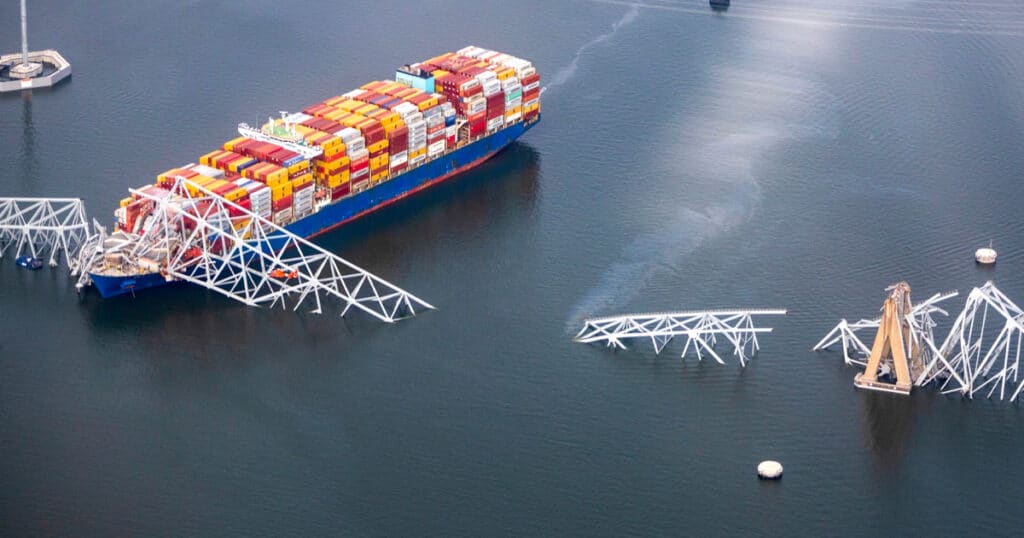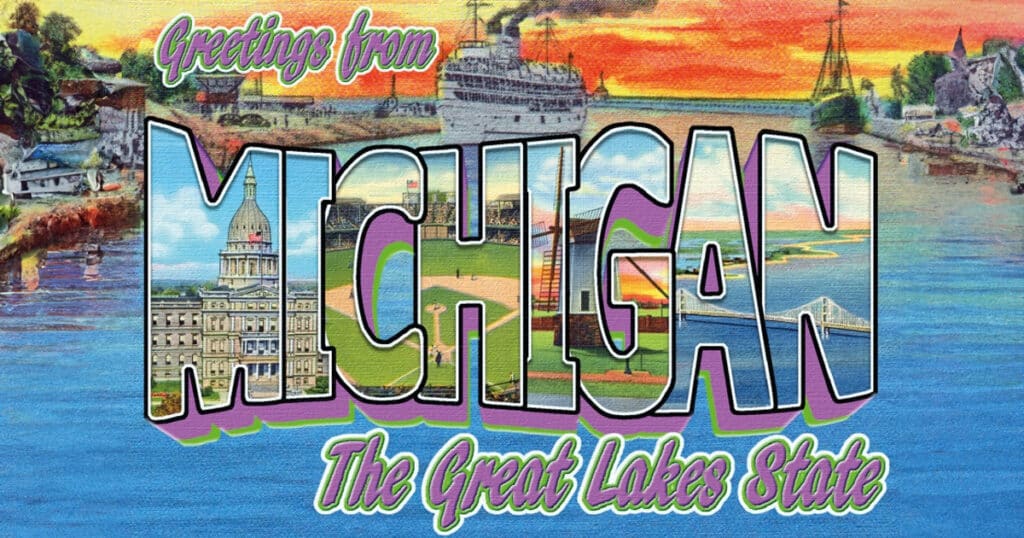
Increased cargo shipping traffic anticipated at already busy port
The Port of New York and New Jersey says it is gearing up for increased cargo shipping traffic due to the temporary closure of the Port of Baltimore.
The Francis Scott Key Bridge, a 1.6-mile connector along I-695 on the southeastern side of the city, collapsed into the Patapsco River early Tuesday. As of Thursday morning, two bodies have been recovered and four others are presumed dead.
The Port Authority said Tuesday it expects additional cargo traffic at the Port of New York and New Jersey from ships diverting course away from Baltimore.
The bi-state agency pointed out that it had 20% more cargo in 2021 than it is currently handling and can absorb the additional traffic. It also expects many vessels to divert to other East Coast ports further south, like Norfolk, Va., and Savannah, Ga.
“The Port Authority is in touch with our counterparts in Baltimore, and we stand ready to assist with emergency resources and any other assistance that may be needed,” Bethann Rooney, port director at the Port Authority, said in a statement. “The Port of New York and New Jersey is proactively working with our industry partners to respond as needed and ensure supply chain continuity along the East Coast.”
Vessel traffic into and out of the Port of Baltimore is closed as recovery and cleanup efforts are underway, creating delays and raising costs in the latest disruption to global supply chains. The Baltimore port, the 20th largest in the country, contributes to about $15 million in economic activity every day, according to city officials.
National Transportation Secretary Pete Buttigieg says it’s too early to say how long it will take to reopen the port or replace the bridge. He said the focus right now is on clearing the channel and reopening the Baltimore port for business. Debris from the collapsed bridge is blocking the channel connecting the port to the Chesapeake Bay and the Atlantic Ocean.
The American Trucking Association estimates 4,900 trucks per day carrying an annual average of $28 billion worth of goods would have to be re-rerouted as a result of the bridge collapse, a cost that will likely be passed along to shippers and ultimately consumers.
On Thursday, New York Gov. Kathy Hochul said her administration has directed the Port Authority to “further evaluate all available resources to minimize supply chain disruptions.”
“We have seen over the past several years that indefinite port closures can impact national and global supply chains, which hurt everyday consumers the hardest,” the Democrat said in a statement. “Along with our federal partners, we will continue to work together to support our neighbors in Baltimore and consumers nationwide.”



